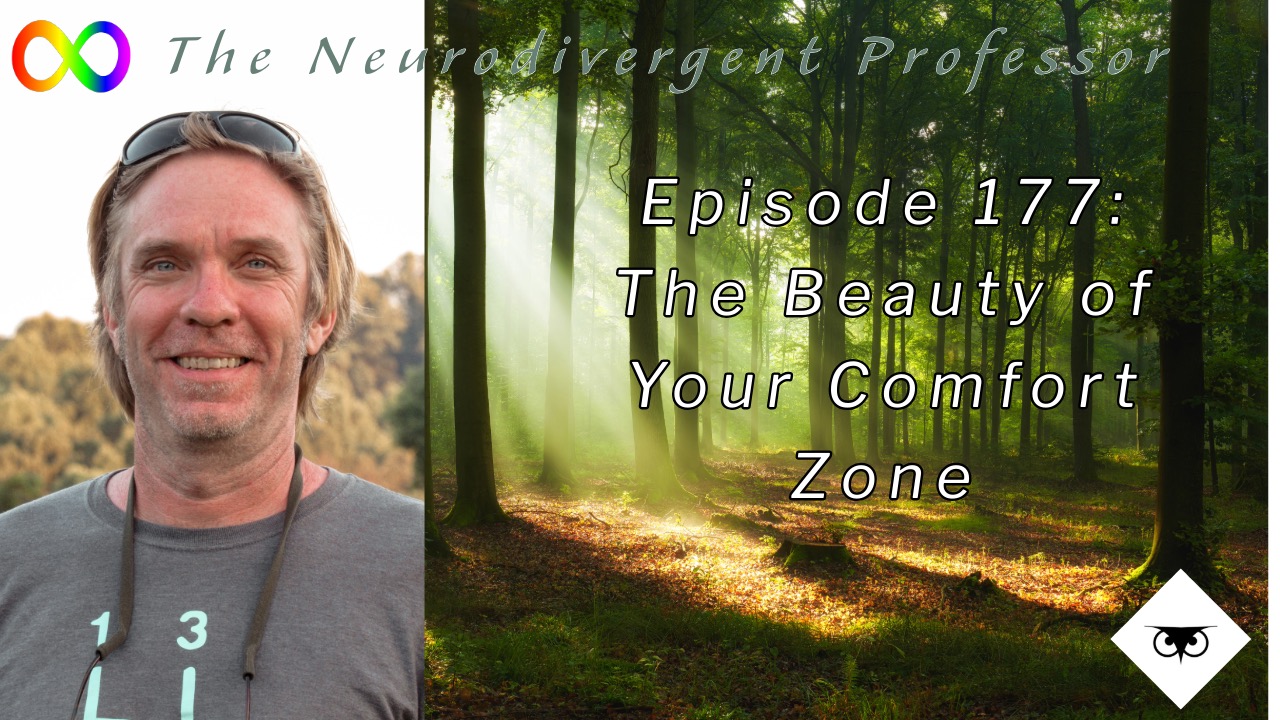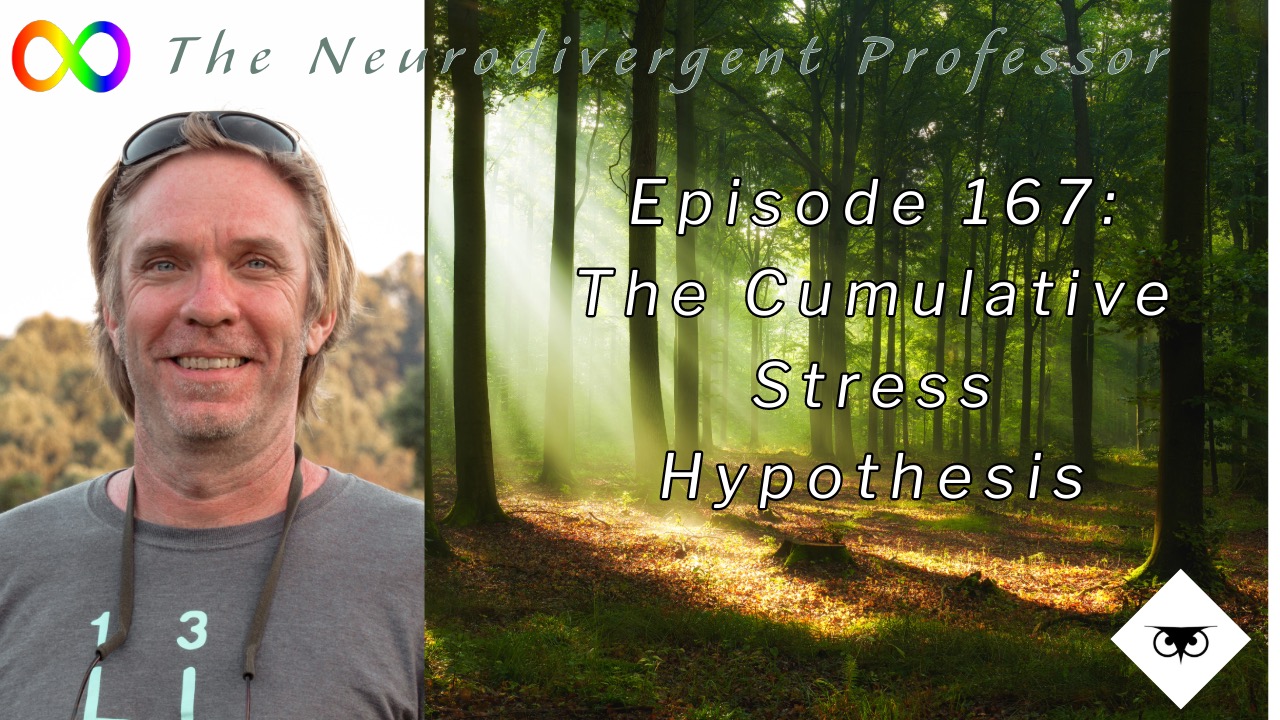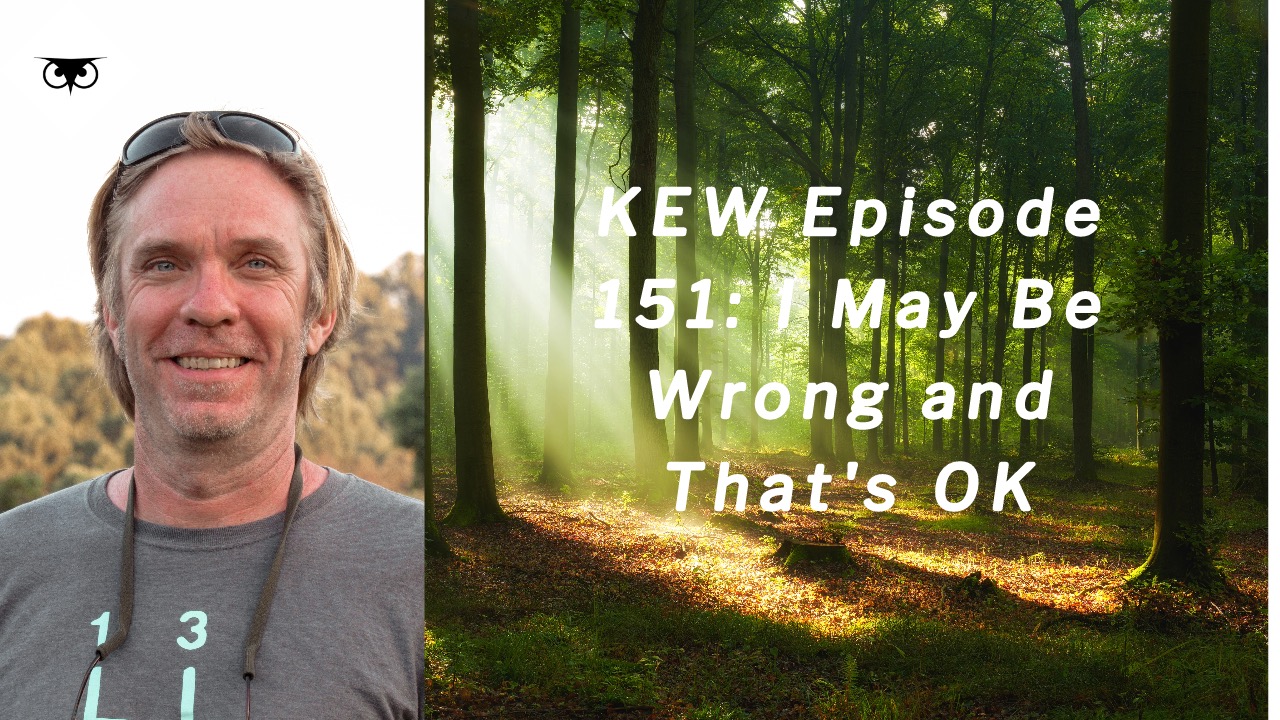Fellow humans, your shortsightedness is showing One of the downsides to human evolution is that we’re not very good at seeing things from outside our perspective. Simultaneously, we struggle to live in the moment, spending most of our time worrying about the past or the future. We are in our…
Tag: Science

A Stand of Trees Does Not a Forest Make
A system is more than its parts During my dissertation defense, I got into a mild argument with one of my committee members. He was a GIS remote sensing technologist, I was a tree-hugging hippie ecologist. The disagreement centered around how many 30 x 30 meter (this was the early…

Is This a Testable Personal Growth Hypothesis?
Does science play a role in your life? Do you value hard data and evidence? Do you think humans are good at proving things? Or maybe you defer to religion or culture to decide what is real? I talk a lot about how science is over or undervalued. Some folks think…

The Cumulative Stress Hypothesis
Are you aware of the stress in your life? Can you FEEL it when stressors are building up and you think you may pop? Do you ever feel like you’re right on the verge of a meltdown? I think most of us are familiar with these scenarios. We can only take…

I May Be Wrong, and That’s OK!
Have you ever felt like scientists were assholes? Or at least super arrogant? I often hear scientists sound this way. And when I was in academia it seemed they surrounded me. Being an academic seemed synonymous with being so arrogant that you turned people off. I think many of us…

100% Asshole Free
If you’re familiar with me or craft beer (or maybe both?) you may be familiar with the phrase, “The brewing industry is 99% asshole free”. This quote became famous when Sam Calagione, founder of Dogfish Head Craft Brewery published his book “Brewing Up a Business”. This book was an inspiration…
Science is Not the Truth
I’ll just come out and say it. I’m sick of academic arrogance. Academic. Scientific. Intelligence mafia. I don’t know why authority seems to be the foodstuffs of ego. But it sure seems like it is. I am so tired of being talked down to — as a society member — by those who are…
A Comprehensive Approach to Understanding Our Biosphere
Would our ancestors be proud of us? When I think of the problems humans face today: suffering, anxiety, inequality, social justice issues, war, pollution . . . I try to put things in an evolutionary context. On the one hand, we have come so far. We have created many wonderful ‘science’, ‘technology’, and…
Growing Smaller is a Worthy Goal Part 2
Here is Part 1 of this two-part series. In it, I focus mostly on the Growth part of the equation In Part 2, I want to focus on the Smaller portion. As I said, I used to be an entrepreneur. In my small town, I struggled to generate enough traffic to…
What Freedom Means to Me
The fourth of July makes me ashamed. I’m ashamed of myself because I can’t seem to match the patriotism that surrounds me. In the USA, people get almost spiritual about their fireworks, hot dogs, and freedom worship. Behind all of this, for me, is a whole lot of weirdness. The…

